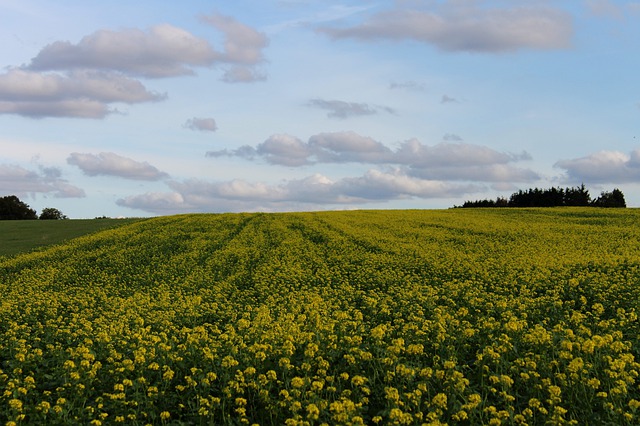Devotionals, Worship
Milk and Honey
And I have promised you that I will bring you up from the misery of Egypt to …a land flowing with milk and honey. (Ex. 3:17)
After four hundred years of living in Egypt, with the latter days characterized by slavery and brutality, God promised Israel that He would bring them to a land “flowing with milk and honey.” In Hebrew the word for “milk” referred to goat’s milk, which became a staple in their diet and which was indicative of abundant provision for their physical needs.. Milk indicated a land where livestock could thrive..a land blessed with fertile wealth.
Honey referred to natural beauty and the “sweetness”of abiding in the place God had reserved for them. It also foreshadows the sweetness of a relationship with the Father as referenced in Psalm 34:8, “Taste and see that the Lord is good. How happy is the man who takes refuge in Him.”
But there is an underlying meaning to “milk and honey” which may not be quite so obvious. An animal that gives milks has to be milked for one to enjoy the benefits of that provision. Milking is hard work, and has to be done consistently, at least twice a day. Honey bees don’t buzz into your dining room and deposit vast amounts of honey on the table. The honey has to be harvested. Today this includes donning a protective suit and mask, calming the bees with smoke, uncapping the wax deposits which stop the honey from flowing, harvesting and bottling the honey. It is a time- consuming process and can be dangerous without the proper equipment!
Worship leader, God has promised to provide for you week after week. He will provide insight, the right musicians with the proper attitude, Scriptural insights that will help you plan effective worship and songs that flow in praise and adoration. But we have a responsibility too!! We need to cultivate relationships, spend adequate time in the Word, be diligent to discover new musical expressions of worship and older expressions that can be re-packaged for effective communication to our culture, and spend time in prayer. We need to foster positive relationships with our pastor, our worship teams and our instrumentalists. We need to intentionally help our worship teams grow spiritually and to develop a sense of unity. And we need to continue to cultivate personal musical and spiritual growth.
Rabbi Yuval Cherlow says, “The health of the land depends on responsible behavior.” As worship leaders we need to act responsibly with all that the Heavenly Father has provided, grateful for the “milk and honey”, but willing to do our part in cultivating the land God has provided.










